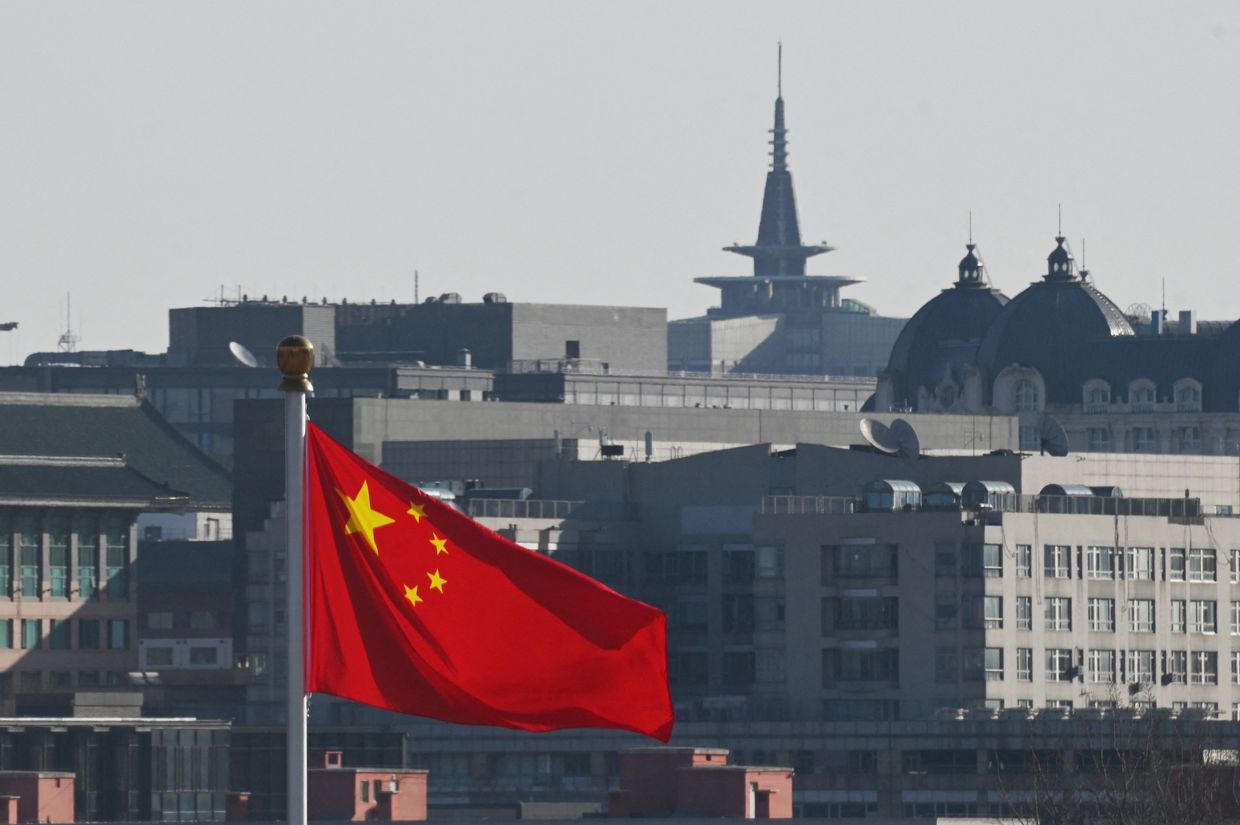'Don't come, there's nothing good here' — Chinese soldiers warn against following Russian propaganda to fight in Ukraine
Chinese soldiers fighting for Russia decry brutality, racism, and unpaid wages.

A Chinese national was captured by Ukraine after fighting in the Russian military. He introduced himself as Wang Guangjun from Jiangxi Province. Photo published on April 9, 2025. (SBU)
The Ukrainian military recently captured two Chinese soldiers fighting for Russia. Kyiv subsequently released data on a total of 163 Chinese nationals identified by Ukrainian intelligence as fighting for Moscow.
"We are collecting information, we believe that there are many more," President Volodymyr Zelensky told journalists on April 9.
The president also accused Chinese authorities of supporting or at least not obstructing the recruitment of its citizens to fight against Ukraine.
"Beijing knows about this. Russians distribute advertising videos about recruitment through Chinese social networks," Zelensky said.
Russia has recruited international fighters since the outset of the war, as has Ukraine. But the prevalence of Chinese mercenaries fighting for Russia drew comparisons to North Korean soldiers, who came en masse to aid Russia's retaking of Kursk Oblast, with the blessing from Pyongyang.
The first Chinese fighters identified by Ukrainian intelligence arrived in Russia in the summer of 2023, per documents reviewed by the Kyiv Independent.
One post on Douyin, China's local version of TikTok, dates back to July 2022, shows a purported recent recruit excitedly preparing to be picked up from the Beijing airport on Sept. 1 of that year. "Your daily salary will be 30,000 Russian rubles. Welcome to Russia!" claims the new "recruit," citing a figure that is an absurdly high $350 per day.
Videos well into the current year show ads inviting Chinese men to come fight for Russia. Other videos show purportedly Chinese recruiters incentivizing people to join Russia's Armed Forces in return for high salaries.
One such video promises 2.3 million rubles ($27,000) as a sign up bonus, and 5.2 million rubles ($62,000) per year to those willing to fight.
Other videos propagandizing to potential Chinese recruits on social media are simple translations of Russian advertising, with slogans like: "You're a man. Be one."
The accounts of Chinese soldiers who have ended up in the worst parts of the Russian line tell a radically different message.
"Don't come. There is nothing good here to come to," said Chongqing's Zhao Rui, per local media. By December, Zhao had become the first Chinese soldier to die, reportedly falling to a Ukrainian drone.
In a documentary released in March, one Chinese assault soldier identified as "Macron" shared his experiences with journalist Chai Jing.


"I realized I might die here someday, so I decided to share some real experiences," said Macron, identifying his location as near Bakhmut. "Since Chinese people haven't been at war in a long time, I wanted to show what a regular soldier, especially a foreign one, really goes through in war."
Among grievances is endemic racism among Russian divisions against non-white recruits.
"There has been severe racial discrimination since training camp, discriminating against Black people, Arabs, and Chinese," Macron said.
That racism is reflected in the accounts of many Chinese soldiers tricked into going into the most dangerous parts of the line. Along with many other foreign mercenaries, Chinese soldiers fighting for Russia have found themselves at the tip of highly dangerous assault groups.
"Russia is reluctant to send their regular Slavic troops to charge on the front lines, so they spend money to recruit mercenaries for front-line charges, where survival chances are extremely low."
Russian military bloggers promoted the efforts of one, callsign "Li," to learn Russian at the start of 2024, shortly after he joined the international brigade — Pyatnashka. Pyatnashka would be one of the first units sent to fight off a Ukrainian incursion in Kursk Oblast.
Many other Chinese recruits have found themselves in "Storm-Z" units. State-funded mercenary group Wagner initially recruited these units from Russian prisons, using them to sustain some of the highest casualty rates of the war while minimizing political blowback from the Russian public.
Reports from August show two young Chinese recruits joining Storm-Z units only to die on their first mission.
"Russia is reluctant to send their regular Slavic troops to charge on the front lines, so they spend money to recruit mercenaries for front-line charges, where survival chances are extremely low," the report says.

Those reports put the payout that Russia owes to the families of Chinese soldiers killed in action at 400,000 renminbi, or just over $50,000. However, those payments face frequent delays.
Moreover, the Russian military has apparently refused to release many of the Chinese soldiers at the end of their signed contracts.
"We'll terminate your contract only after winning the war," one Chinese fighter quoted his commander's refusal to let him out of service while speaking to blogger Lei's Real World in July.
"Two of my men deserted. They are making every effort to capture them. If they are caught, they won't live for sure. So I can only wish the two deserters good luck."










